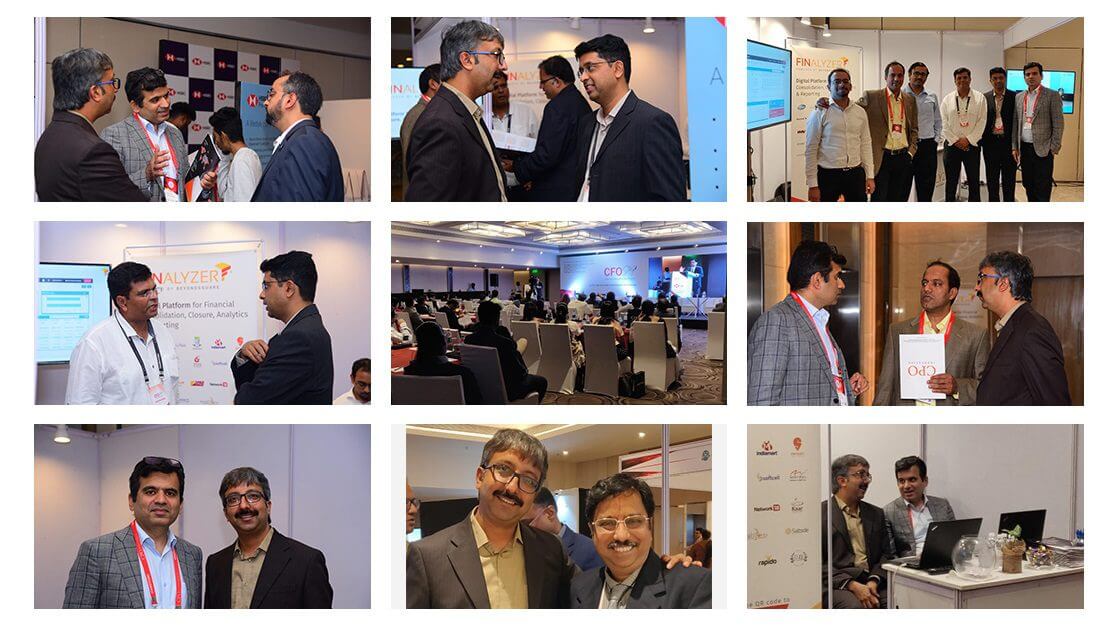The Kotak Committee Report on Corporate Governance suggested certain changes in the regulatory framework for Group Audit. SEBI took into consideration the recommendations of the Kotak Committee along with public comments and decided to amend Regulation 33 of the SEBI (Listing Obligation and Disclosures Requirements) Regulations, 2015 (“SEBI LODR Regulations”). Accordingly, a new sub-regulation was inserted under Regulation 33 of the SEBI LODR Regulations, which has come into effect from 01 April 2019.
Recommendation on Financial Disclosures
The Kotak Committee Report on Corporate Governance believes that the audit/limited review of the listed entity does not often take into account a substantial portion of the group business since the accounts of the underlying subsidiaries often do not undergo limited review/audit.
It is therefore recommended that for all listed entities, for every quarter, financial information of the group, accounting for at least 80% of each of the consolidated revenue, assets and profits, respectively, should have undergone limited review/audit
(i) Consolidated financial results: The Committee has recommended that that disclosure of consolidated financial statements should be made mandatory for all listed entities on a quarterly basis. It is also clarified that standalone results shall continue to be required to be published.
(ii) Cash flow statement: It is recommended that publishing a cash flow statement on a half-yearly basis should be made mandatory for all listed entities.
(iii) Audit/limited review of quarterly financial results: The Committee has recommended that for all listed entities, for every quarter, financial information of the group, accounting for at least 80% of each of the consolidated revenue, assets and profits, respectively, should have undergone limited review/audit.
(iv) Last quarter financial results: The Committee believes that any material adjustments made in the results of the last quarter which pertain to earlier periods should be disclosed by the listed entity as a note in the financial results.
The Committee’s approach has been to focus on addressing immediate challenges and gaps in governance
Thus, with a single click in FinAlyzer, the close and consolidation process is greatly simplified and seamlessly completed.







